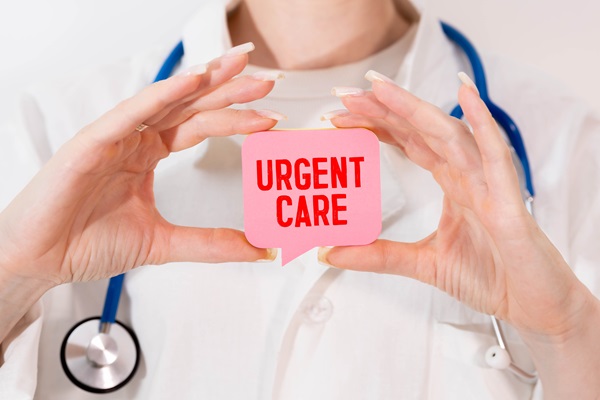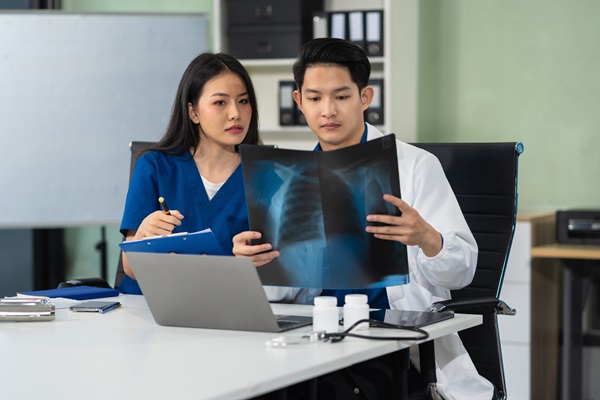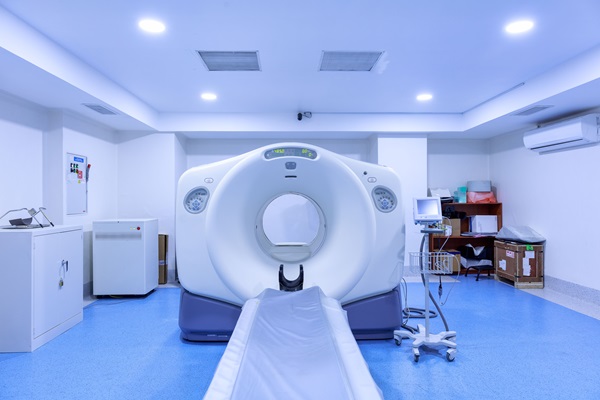When to Visit Urgent Care: Signs You Need Immediate Attention

Searching "urgent care near me" is likely the first step individuals take when they experience a sudden medical condition. However, some may not be aware of the difference between urgent and emergency situations or conditions. Learning the signs for each situation can help you determine where to go and likely increase the chances of treatment success due to appropriate action.
Urgent care near me vs. emergency care near me: When to search for each
Before delving into when one should visit urgent care, it is crucial to understand the key differences between urgent and emergency needs. While both medical settings are designed to provide fast medical attention, the severity and nature of one's symptoms will determine the appropriate choice.
Signs it is time to search "urgent care near me"
Simply put, urgent care centers are only for non-life-or-limb-threatening medical conditions. According to the National Library of Medicine, those who search "urgent care near me" have limited access to or confidence in their primary care physician. Typically, urgent care centers are not open 24 hours, but their hours extend beyond primary care practices.
Signs and conditions that warrant a trip to a local urgent care center include:
- Animal or insect bites. Bites can result in infections if left untreated.
- Allergic reactions. Non-life-threatening reactions such as hives and rashes.
- Burns. Minor or first-degree burns may need cleaning and medication to prevent infection.
- Cold and flu symptoms. While there is no cure for either virus, urgent care can provide medication for symptom relief.
- Cuts. Small lacerations, such as from a cooking or workplace accident.
- Fever. A high fever with no accompanying symptoms, particularly in children, the elderly, and pregnant women.
- Infections. Urgent care can diagnose and treat various types of infections in the body.
- Mild to moderate breathing difficulties. Breathing difficulties that result from an asthma attack or allergies.
- Minor fractures or sprains. Pain in a bone or limb that is not severe or causing a deformity.
- Vomiting and diarrhea. These are typically a side effect of a larger condition; the urgent care can prescribe medication to manage symptoms while providing a formal diagnosis.
Signs it is time to search "emergency care near me"
Emergency care, or hospitals, are meant for life-or-limb-threatening conditions that can result in serious harm if not treated immediately. Additionally, facilities are open 24 hours a day and offer ambulance services if an individual cannot carry themselves to receive treatment.
Hospitals are better equipped to handle more severe medical emergencies such as:
- Uncontrollable bleeding. Bleeding that does not stop after applying pressure.
- Chest pain or heart attack symptoms. Sudden chest pain and numb or tingling feelings in the limbs, shortness of breath, or unexplained weakness.
- Stroke symptoms. Sudden weakness in the face or one side of the body, difficulty speaking, or loss of vision.
- Moderate to severe difficulties in breathing. Respiratory issues, such as asthma attacks, choking, or the throat closing due to an allergic reaction.
- Head traumas, even with no bleeding present. Accidents that impact the head, causing one to lose consciousness for some time, or even if the hit is too hard.
- Severe burns. Second or third-degree burns covering large portions of the body.
- Loss of consciousness. Any episode of unexplained extreme fatigue, severe dizziness, or unresponsiveness.
- Severe lacerations. Deep, large cuts or stabbings.
What to expect when visiting a medical center
Visiting an urgent care or emergency care center offers check-in processes that mirror one another. Patients do not need an appointment to receive care. However, it is important to remember that urgent care will have operating hours, though they may extend early in the morning or into the evening.
Upon arrival, patients will check in by completing forms with basic information, including name, phone number, address, health information, allergies, and reason for visiting. They may also ask for emergency contact information. Some centers even allow patients to expedite their waiting process by checking in before arriving. The only way to know is by visiting their website or calling the center and speaking with an office team member.
Once check-in is complete, patients will see a nurse who will check and record their vitals (e.g., body temperature, pulse rate, respiration rate, blood pressure, blood oxygen, weight, and blood glucose level) along with their height. The nurse may ask questions and record them for the doctor. Lastly, the doctor will perform their evaluation. While it always includes a physical examination, the doctor may also include urine or blood tests, X-rays, MRIs, CT scans, and more diagnostic interventions, depending on the reason for the visit.
Note that doctors in these centers are primarily responsible for finding an immediate remedy for the ailment, not ongoing care. However, they can recommend suitable doctors or practices if ongoing care is necessary following an urgent or emergency visit.
Stop by our New Caney office
Knowing the difference between the two types of care can help determine if searching "urgent care near me" or "emergency care near me" is necessary. Contact or stop by Texas Urgent Care & Imaging Center if you need urgent but non-life-or-limb-threatening care. We are located in New Caney area and will work quickly to address your needs.
Request an appointment here: https://tx-urgentcare.com or call Texas Urgent Care & Imaging Center at (832) 941-1894 for an appointment in our New Caney office.
Check out what others are saying about our services on Yelp: Urgent Care Near Me in New Caney, TX.
Recent Posts
X-rays are popular tools medical professionals use to diagnose a wide range of health conditions quickly and safely. They allow these professionals to see inside the body without invasive procedures, making them invaluable in urgent and primary care settings. Whether identifying fractures, monitoring chronic conditions, or detecting abnormalities, X-rays are critical in ensuring timely and…
A CT scan, or computed tomography scan, is a diagnostic tool that provides detailed images of the body’s internal structures. This non-invasive procedure helps medical professionals diagnose and monitor various conditions, from injuries to chronic illnesses. Knowing what to expect during a CT scan can ease concerns and prepare patients for a smooth experience.A CT…
If you work in public transportation, you may need to have a DOT drug screening. The Department of Transportation (DOT) regulates this test and requires it for you. You might be wondering what this test is like. Keep reading to learn more.Congress passed the Omnibus Transportation Employee Testing Act in 1991. Congress knew that the…
Walk-in clinic provide convenient, accessible health care for non-emergency medical needs, making it an ideal choice when immediate attention is necessary. Understanding when to visit a clinic can help patients save time, avoid unnecessary trips to the emergency room, and receive quality care for their health concerns. These clinics handle various issues, offering fast, professional…


